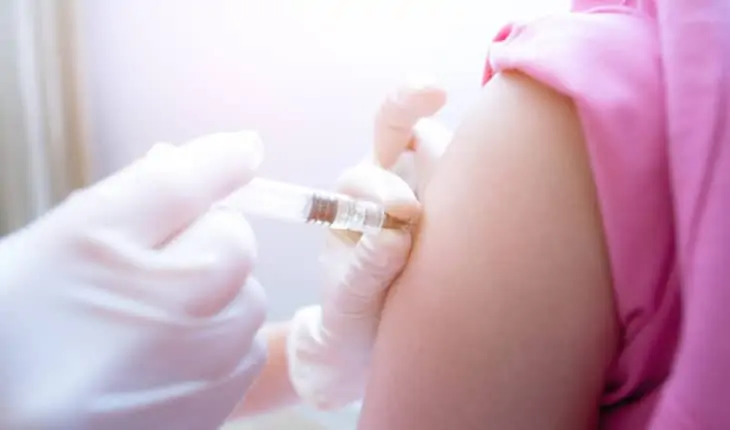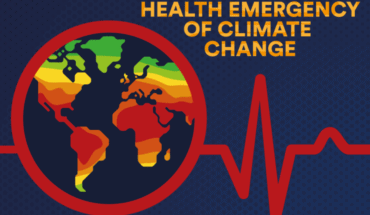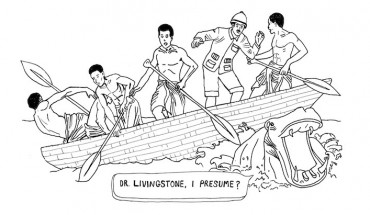Machine learning for child vaccinations – Curtin University is collaborating with the Boorloo (Perth) Public Health Unit on a research project using a Future Health Research and Innovation Fund grant to develop a machine learning tool, in order to help better identify Western Australian children who are at risk of missing potentially life-saving vaccinations.
The latest statistics show only 89.6 per cent of children under two years of age in the Perth metropolitan area are up to date with their scheduled vaccinations, with some areas as low as 84.0 per cent.
This is well below the national benchmark of 95 per cent, which project lead Professor Gavin Pereira from the School of Population Health said presented a number of potentially dangerous scenarios.
“The disparities in vaccination rates pose a threat not only to individual health, but also to community immunity,” he said.
“Highly contagious diseases such as measles, for example, require very high vaccination coverage rates to achieve herd immunity.
“It’s important children receive their vaccination on time because a delay in receiving the first dose of a vaccine leads to further delays in subsequent immunisations, which leaves young children unprotected and, in some cases, unable to have a vaccine at all.”
Study investigator and Consumer Representative Haylee Hawkins said many families faced barriers to immunisation, including inaccessibility, affordability, lack of awareness, vaccine hesitancy and socioeconomic factors which all potentially contributing to children not receiving scheduled immunisations on time.
“There is critical need for a digital innovation to identify families with children at high risk of non- vaccination for inclusion in the vaccination support program,” Ms Hawkins said.
Using the Innovative Solutions – Digital Health grant, the project will evaluate a model and program using machine learning to assess the risk of children missing vaccination schedules and identify families in need of proactive support.
Boorloo (Perth) Public Health Unit is part of the North Metropolitan Health Service’s public health program, which focuses on prevention of disease and promotion of good health.
Boorloo (Perth) Public Health Unit Medical Director Dr Benjamin Scalley welcomed the partnership to help identify children at risk of missing vital vaccinations.
“The program will integrate a variety of data taken from multiple diverse sources to comprehensively capture which factors predict non-vaccination,” Dr Scalley said.
“The program aims to assist health workers to proactively identify and support children at risk of missing immunisations from the child’s birth and before they are overdue for their vaccinations.
“By leveraging digital technologies, this represents a significant advancement in childhood vaccination and public health.”
Professor Pereira said the program has previously been shown to be effective for families from Aboriginal backgrounds, however the machine learning would help apply it to the more than 135,000 babies estimated to be born in metropolitan Perth from 2018 up to one year prior to the study’s start.
“Reaching at-risk families is not possible without this targeted digital innovation as it ensures resources are directed where they are most needed, ultimately improving vaccination rates and reducing the prevalence of vaccine-preventable diseases across WA,” Professor Pereira said.
“Increasing vaccination coverage would also lead to significant economic cost savings and alleviate pressure on the health system as approximately 11 per cent of infectious disease-related costs can be prevented via vaccination.”
- Gut microbiome could delay onset of type 1 diabetes - 3rd April 2025
- The da Vinci 5 Robot Is Set To Transform Bariatric Care: - 31st March 2025
- Beyond money: the hidden drivers fuelling child food insecurity - 31st March 2025






